“There’s nothing quite like looking someone in the eye and saying ‘but what would you do if someone took your home, your land, your child?” Oldham Peace and Justice expressed – their outrage referring to the 17 months of brutality against Palestinians at the hands of Israeli forces. As the remaining Gazans return to their demolished streets, anti-war protesters in Manchester continue to take to their own with weekly demonstrations, demanding justice and liberation. The protests remain to be a controversial topic, with the critical question lingering; how much of an impact has it had?
The current death toll in Gaza according to the health ministry stands at over 61,700, but the reality is expected to be much worse, as families continue to discover the bodies of their loved ones buried under the rubble. Just over a year ago, the world’s highest court, the ICJ, ordered measures to protect civilians in Gaza from the risk of genocide, concluding a ‘plausible’ case for violation of the 1948 Genocide convention. Israel did not abide by these orders, with horrifying accounts of starving people scrambling for bags of flour and burned bodies of children left without limbs, flooding our algorithms. Even after watching such scenes, much of the western world worryingly appeared unfazed, basking in the privilege of the conflict being too complex an issue to discuss and perhaps geographically too distant for us to warrant an outcry.
However, one of the largest movements in recent British history was sparked, living up to numbers seen in the 2010 student protests and the 2003 anti-Iraq war demonstrations. Manchester itself has been a hub for the Pro-Palestinian movement, with youth-led activism being at its core. Manchester Friends Of Palestine, the official society at the University of Manchester, believe that the demonstrations have been: “crucial in exposing Israel’s occupation and systematic oppression”. The group, made up of many young Palestinian students, believe that the impact of the movement extends nationally and even globally: “While international bodies like the UN have repeatedly condemned Israel’s policies (over 300 resolutions since 1967), the Pro-Palestine demonstrations and the global support for Palestine has made it possible for the ICJ to rule that Israel is under an obligation to bring to an end its unlawful presence in the Occupied Palestinian Territory as rapidly as possible.”
On a more local scale, groups such as Oldham Peace and Justice, have been campaigning with weekly demonstrations and vigils, receiving lots of support: “Drivers have honked their horns as they drive past and students from the Oldham 6th Form College have stood with us”. OPJ believe their action raises awareness: “Being out on the streets is an opportunity to talk to people, to have meaningful discussions about violence and peaceful demonstrations. It has been vital in countering the argument that the protests are antisemitic. We have been able to show the truth away from the bias of the media.”
It’s no secret that the protests have been met with hostility and criticism from the media. Attempts were made to prevent demonstrations entirely, and those that did go ahead were met with force. Demonstrations are being held in Manchester almost every weekend. Greater Manchester Stop the War Coalition believe that the targeting of the movement is a retaliation to this continued growth: “This is a mass movement, and we shouldn’t be surprised that a recent poll found 73% of the country agree with us in ending the genocide, despite the government trying to suppress and control public opinion via the media.”
Demonstrators have also been subject to arrests. On Saturday 18th January, the Met Police were ordered by the state, effectively by PM Keir Starmer and Home Secretary Yvette Cooper, to arrest Chris Nineham, a leader of STWC. This follows the arrest of Ben Jamal, Director of Palestine Solidarity Campaign, and the interviewing of former Labour leader, Jeremy Corbyn, under caution for his involvement. STWC stated: “If the demos were not important, our government would not be going to these lengths to break up the movement by arresting and charging the leaders.”
Similarly to the other organisations, Greater Manchester Stop the War expressed how awareness is increasingly key to this fight. “Cynical people may say the demos have not ended the genocide yet, but the world now knows it”. They are also critical of western leaders for not intervening and for selling arms to Israel.
Amongst the unfolding genocide, media coverage and statements from politicians threatened to isolate those who spoke out, framing a narrative that those seeking peace were seeking hatred. The belief that the Pro-Palestinian movement is fundamentally antisemitic is false – the demonstrations consist of people from all backgrounds, including Jewish people, who are all calling for an end to occupation and systematic violence in the region. Religion is not the root issue of this conflict. It’s a long-standing abuse of power assisted by western leaders
The reality is that the situation in Gaza and the West Bank remains dire, as on 2nd March 2025, the Israeli Prime Minister once again cut off all humanitarian aid to Gaza. On 18th March, it effectively ended the ceasefire with airstrikes in Gaza that killed over 400 people overnight.
Despite the direct hit to the movement, the spirits of those involved remain high. If you too feel compelled to join the campaign, then don’t be discouraged. The demonstrations come from a place of human empathy and a fight for long-needed justice.
www.stopwar.org.uk/membership/ Email: [email protected]

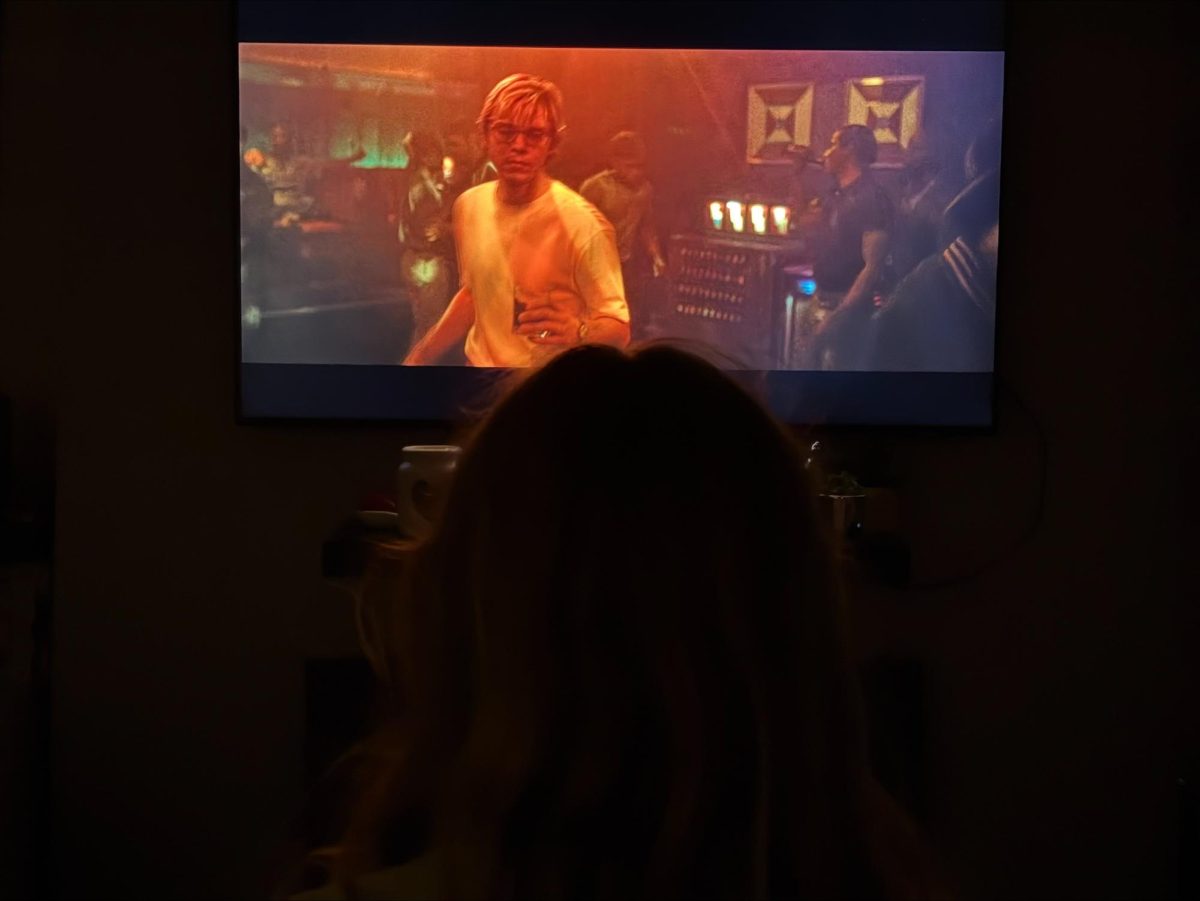
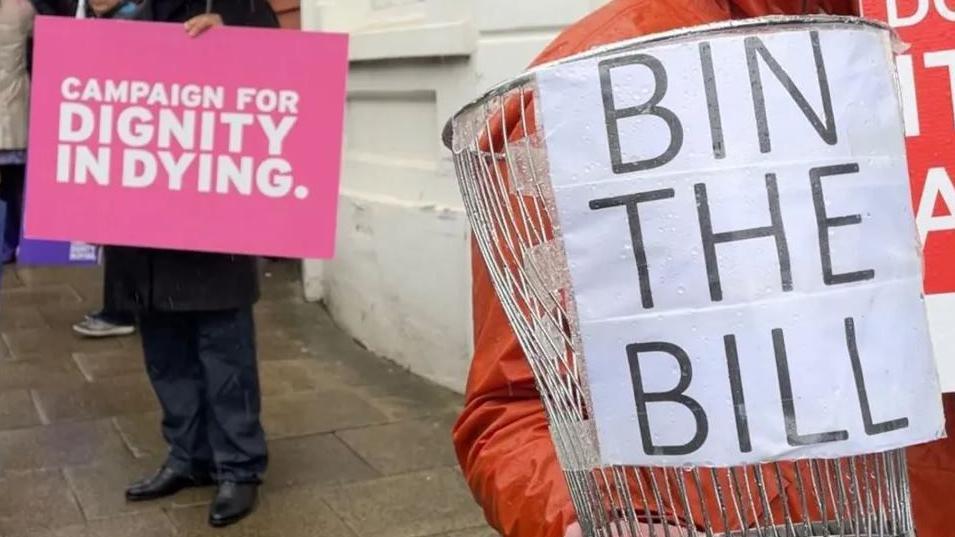
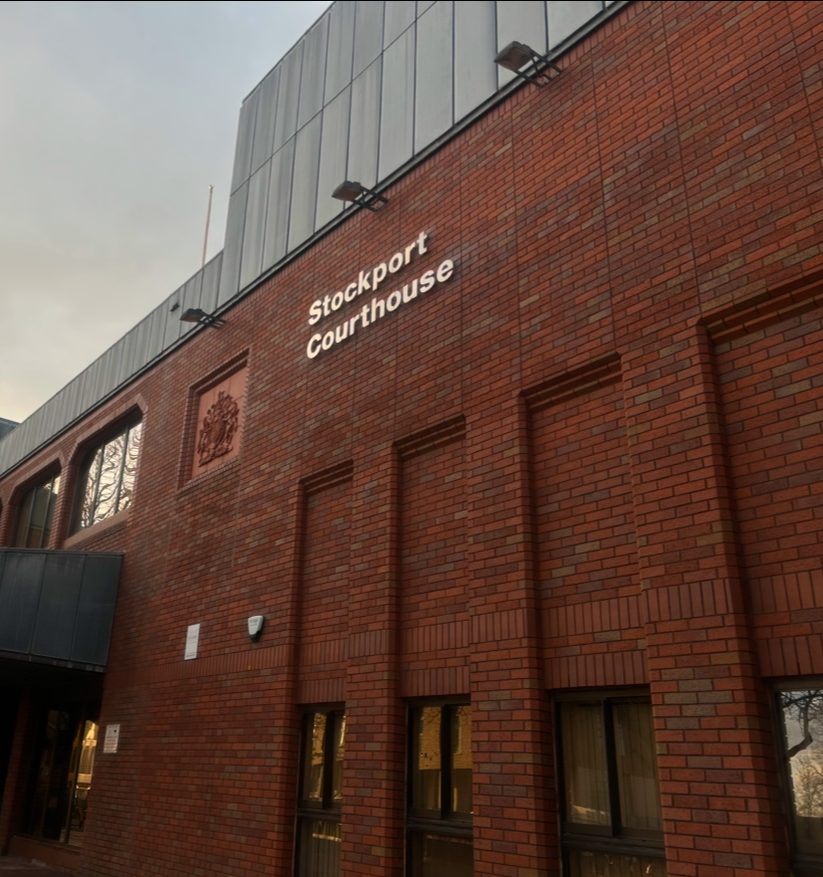
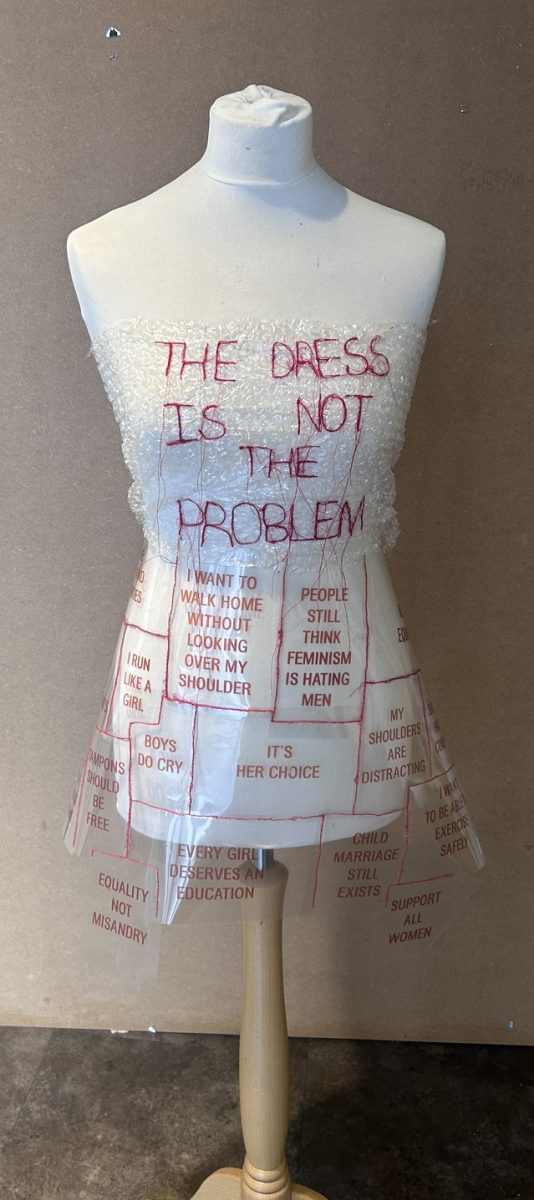
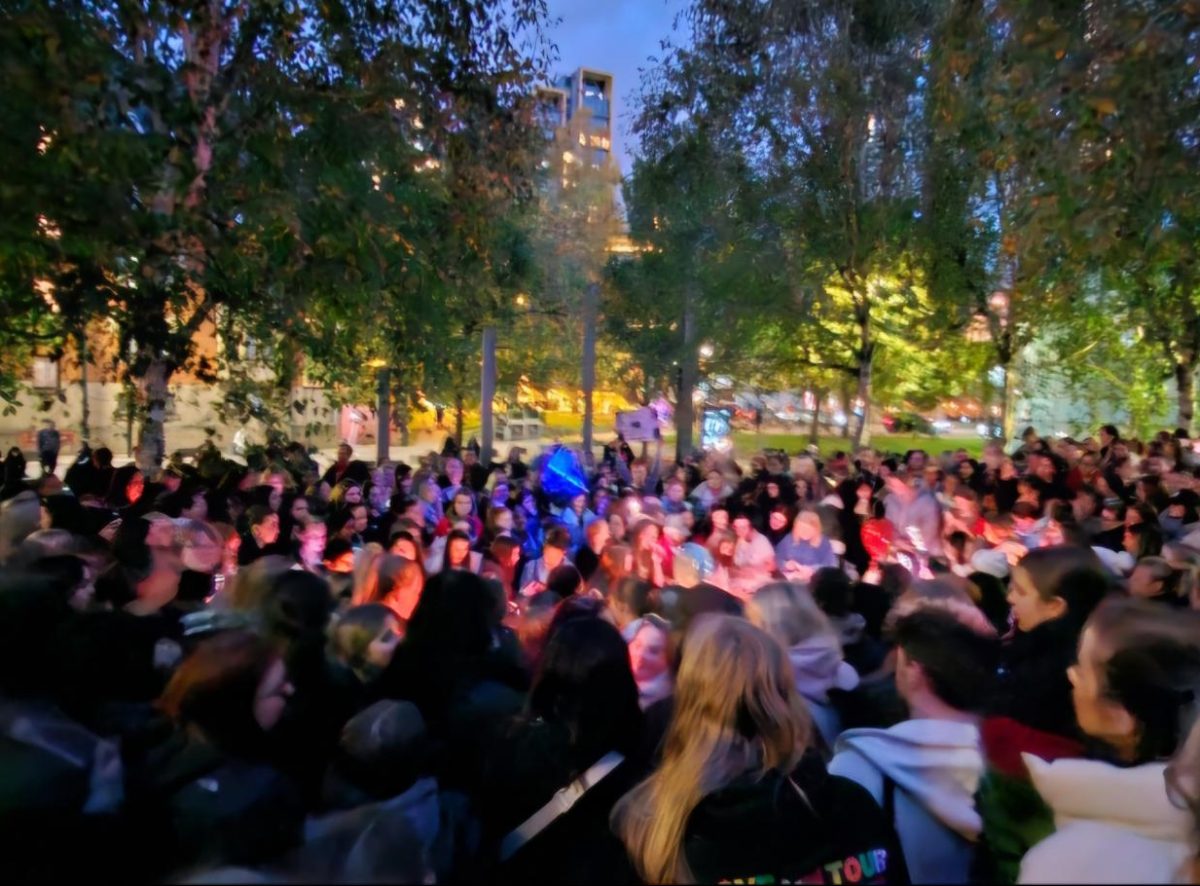
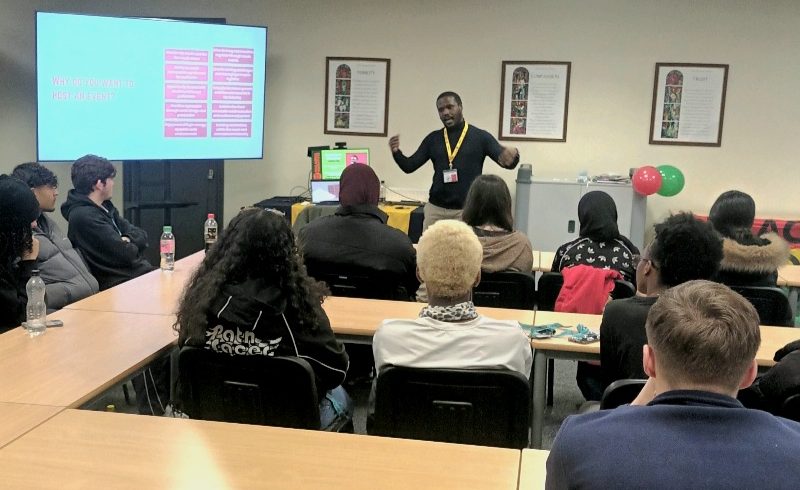
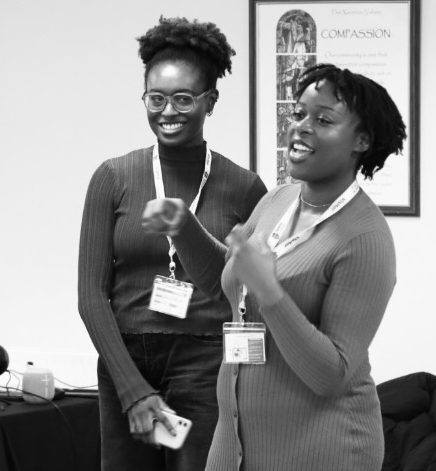
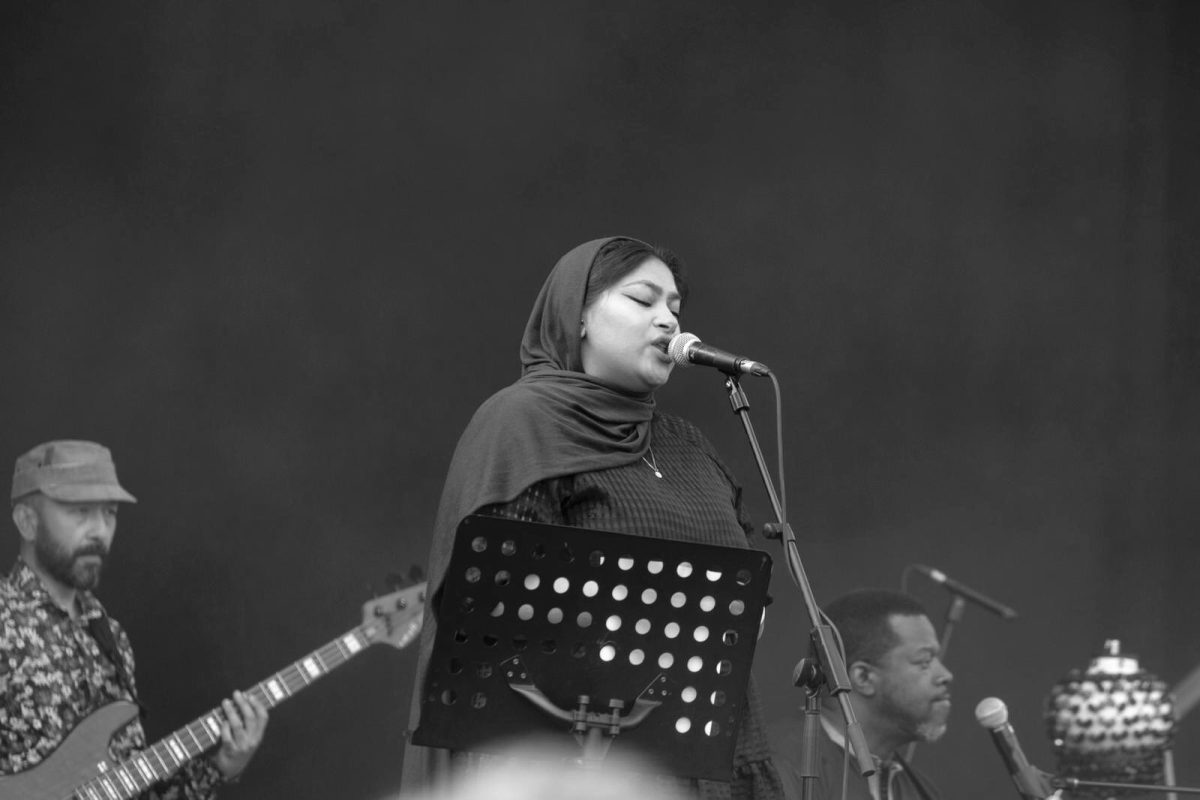
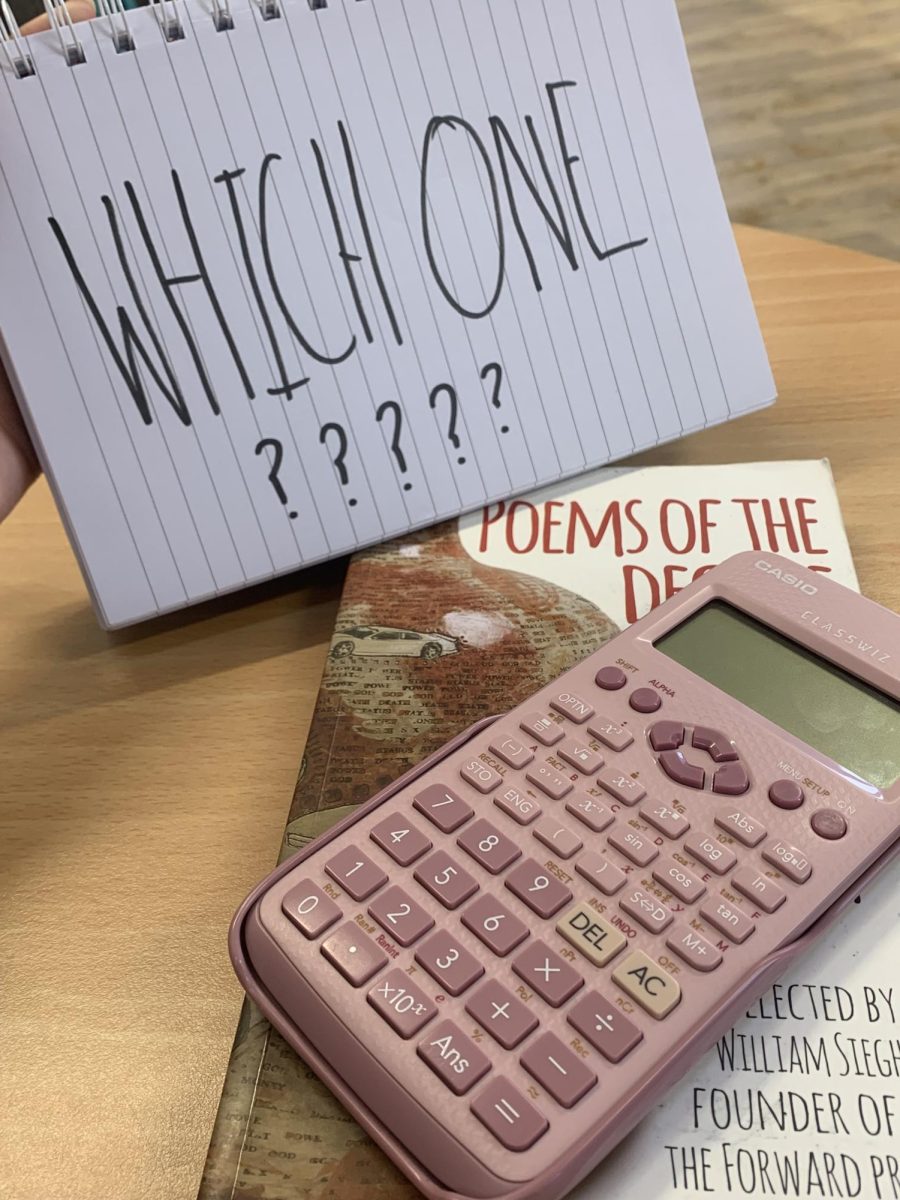
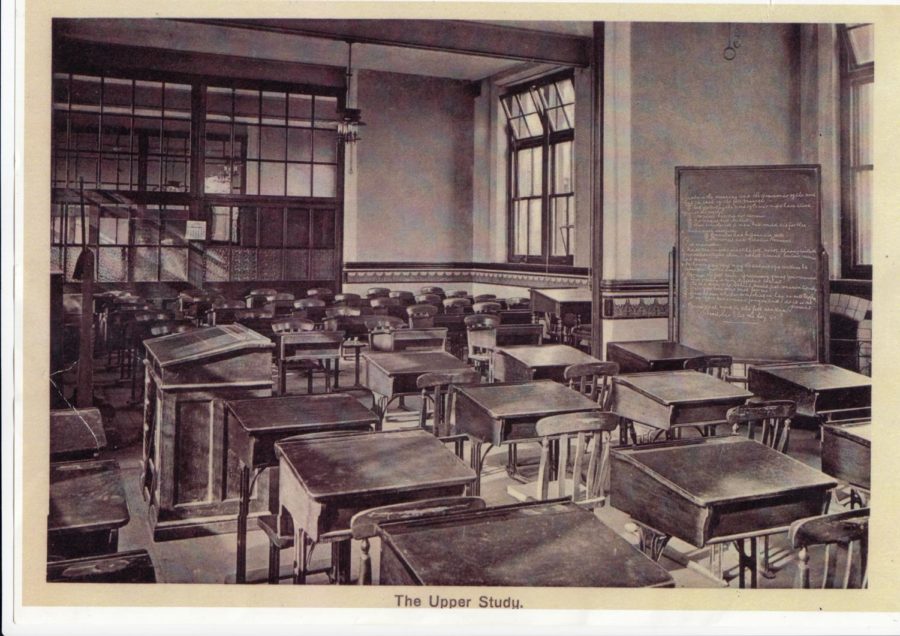
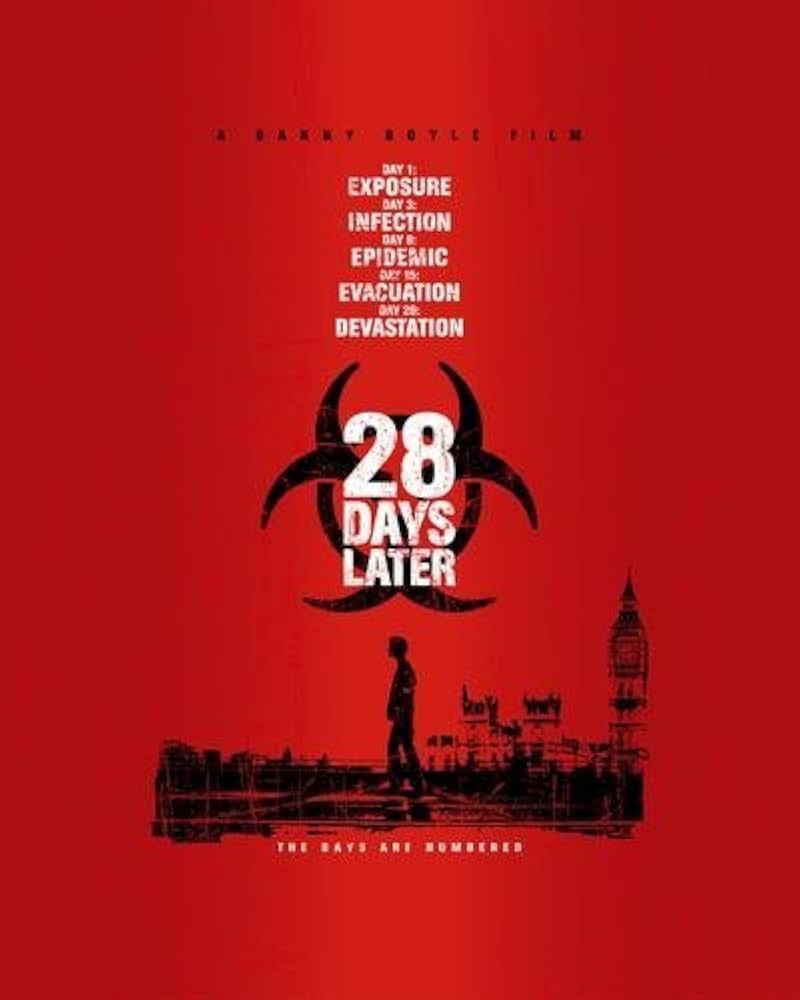
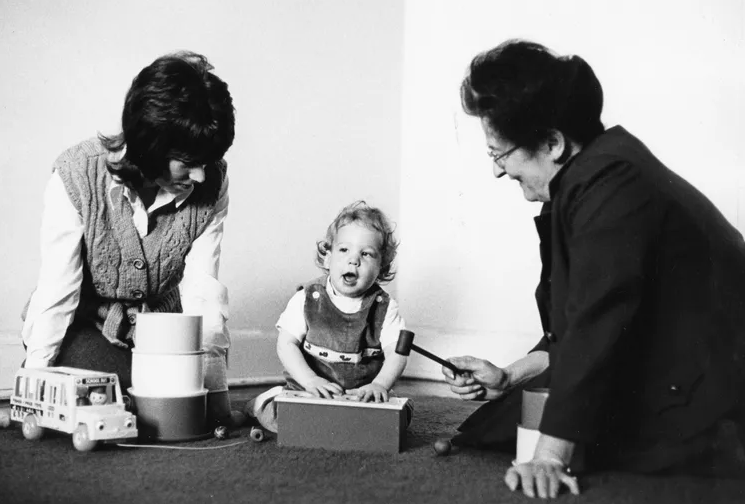

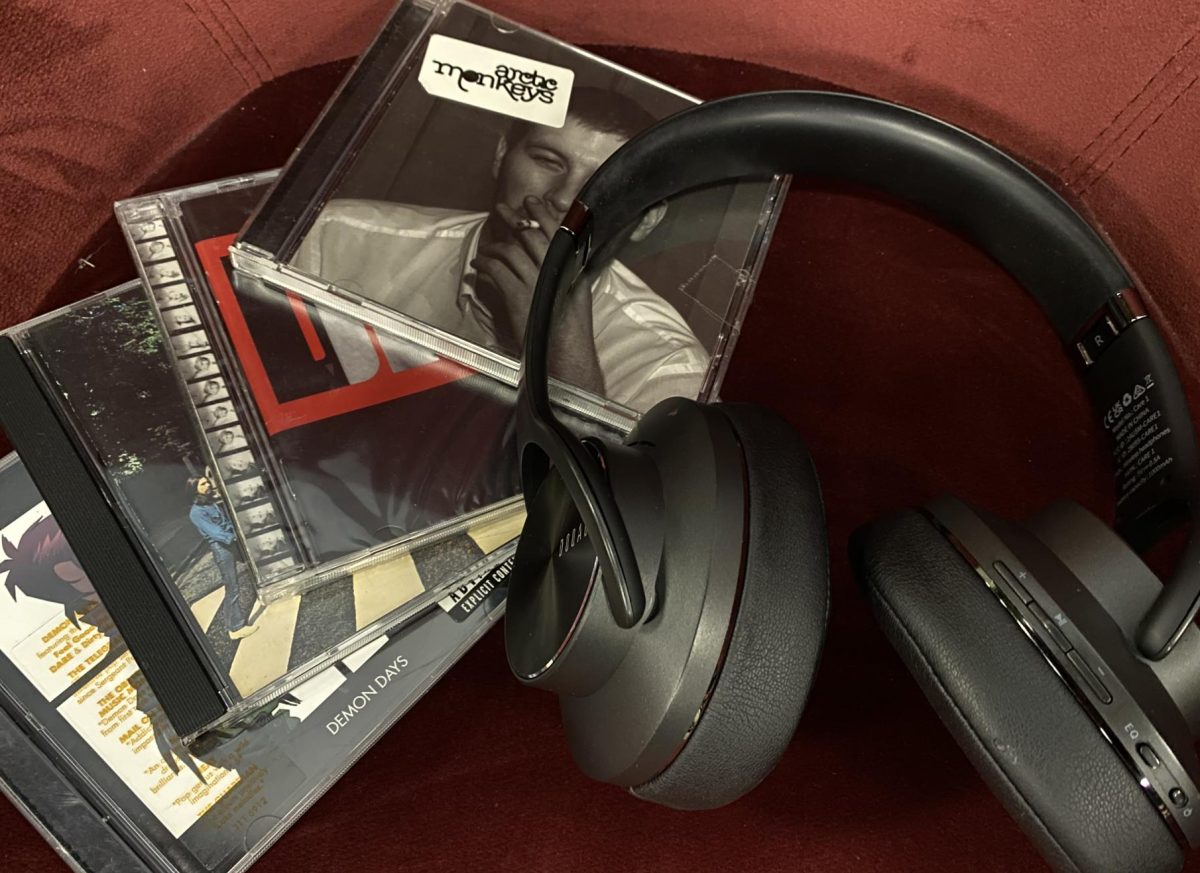
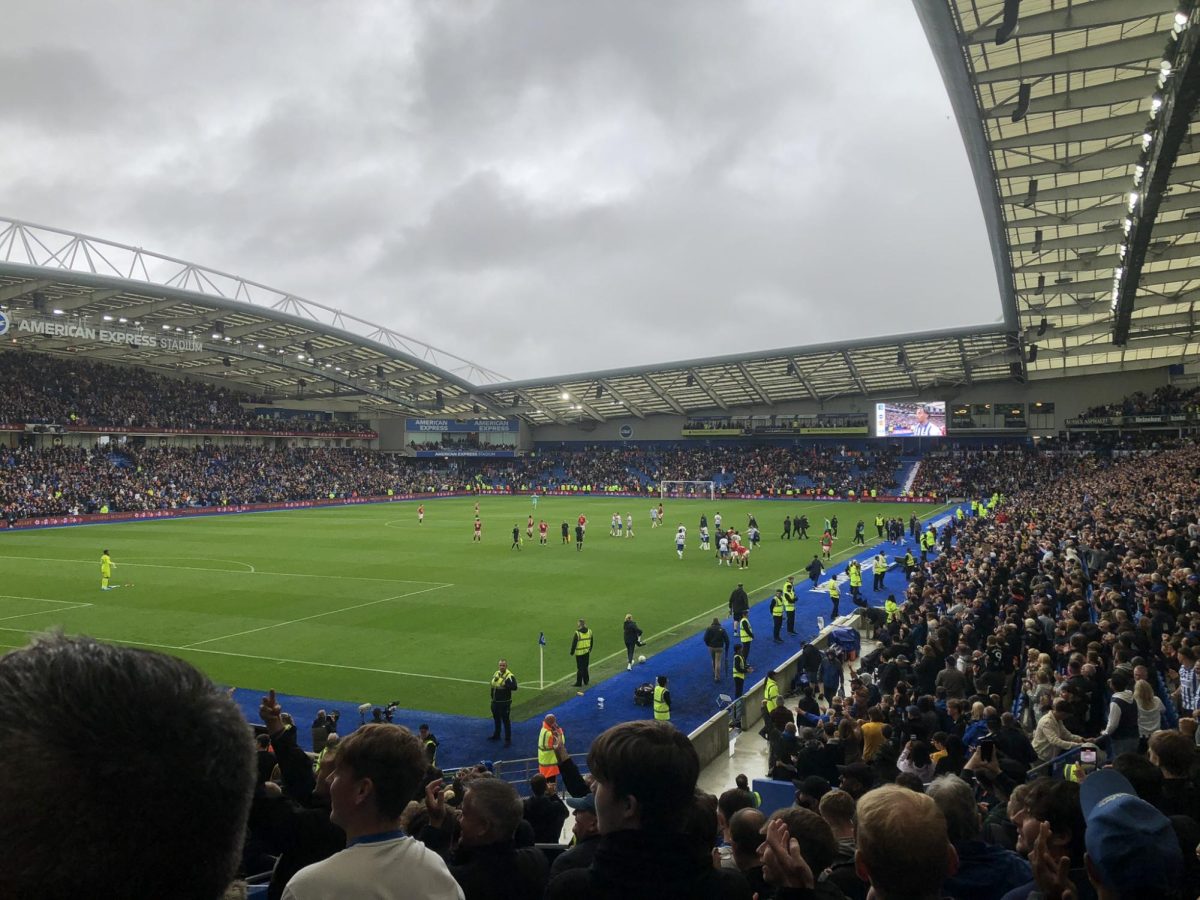
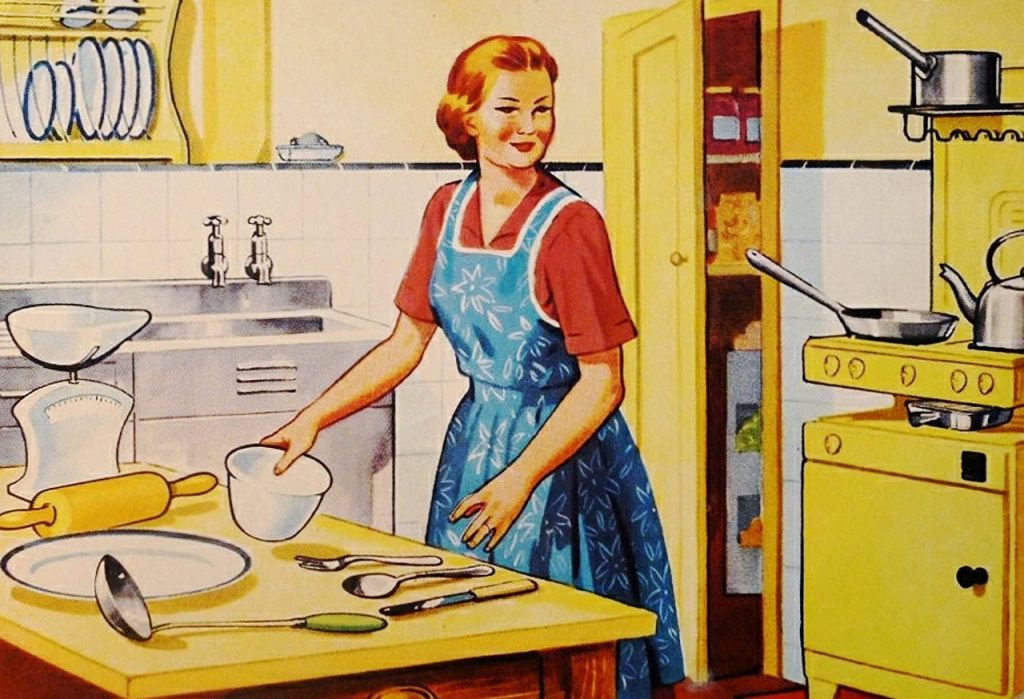



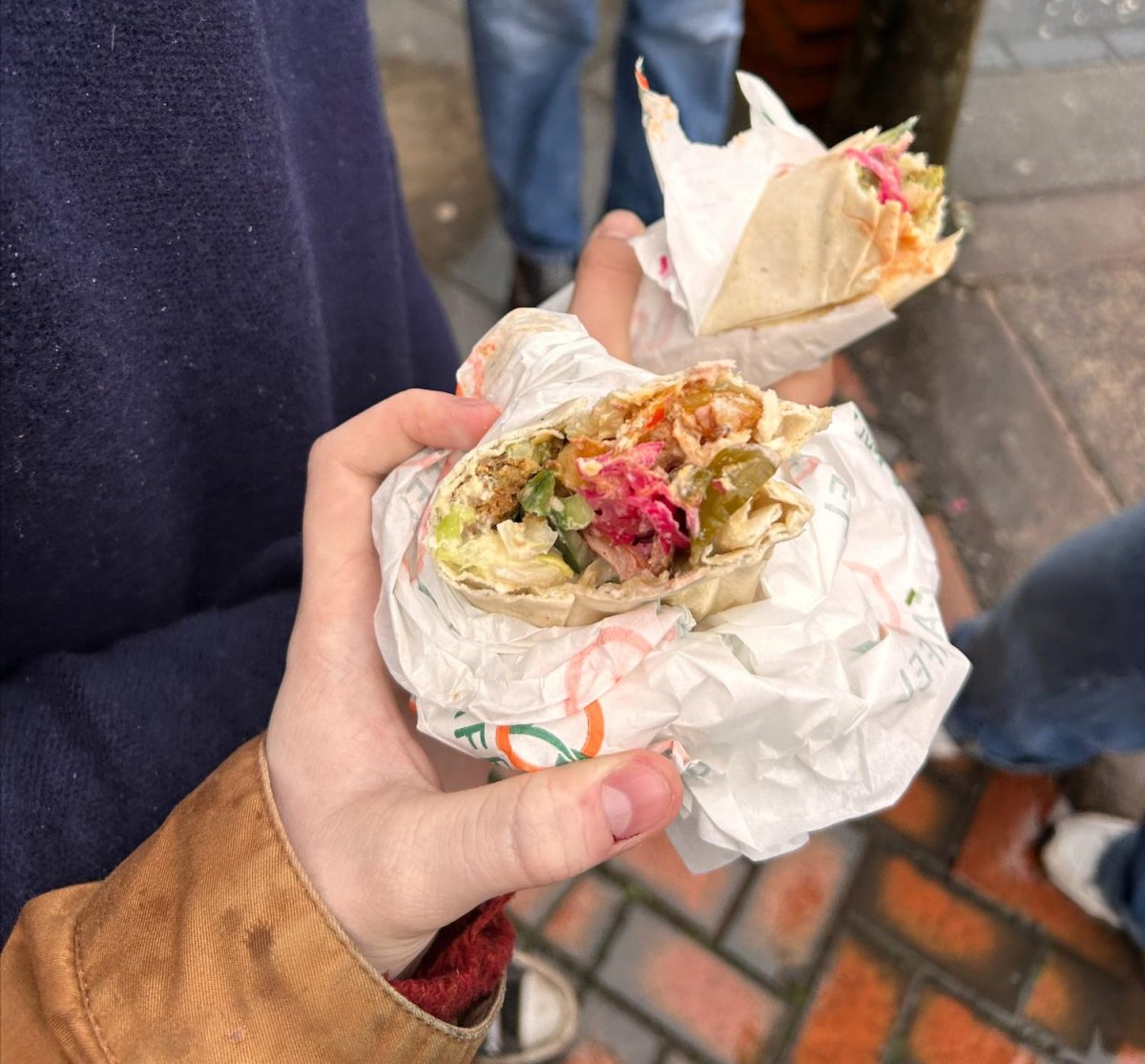
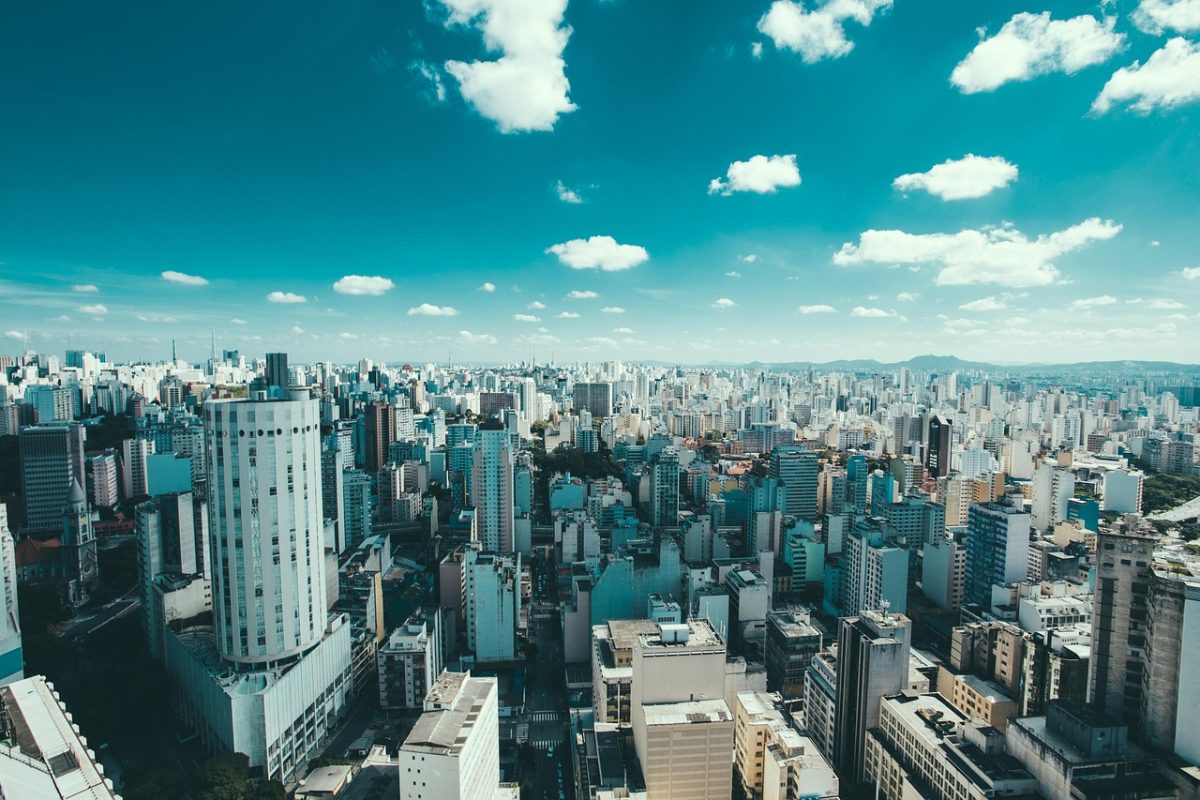
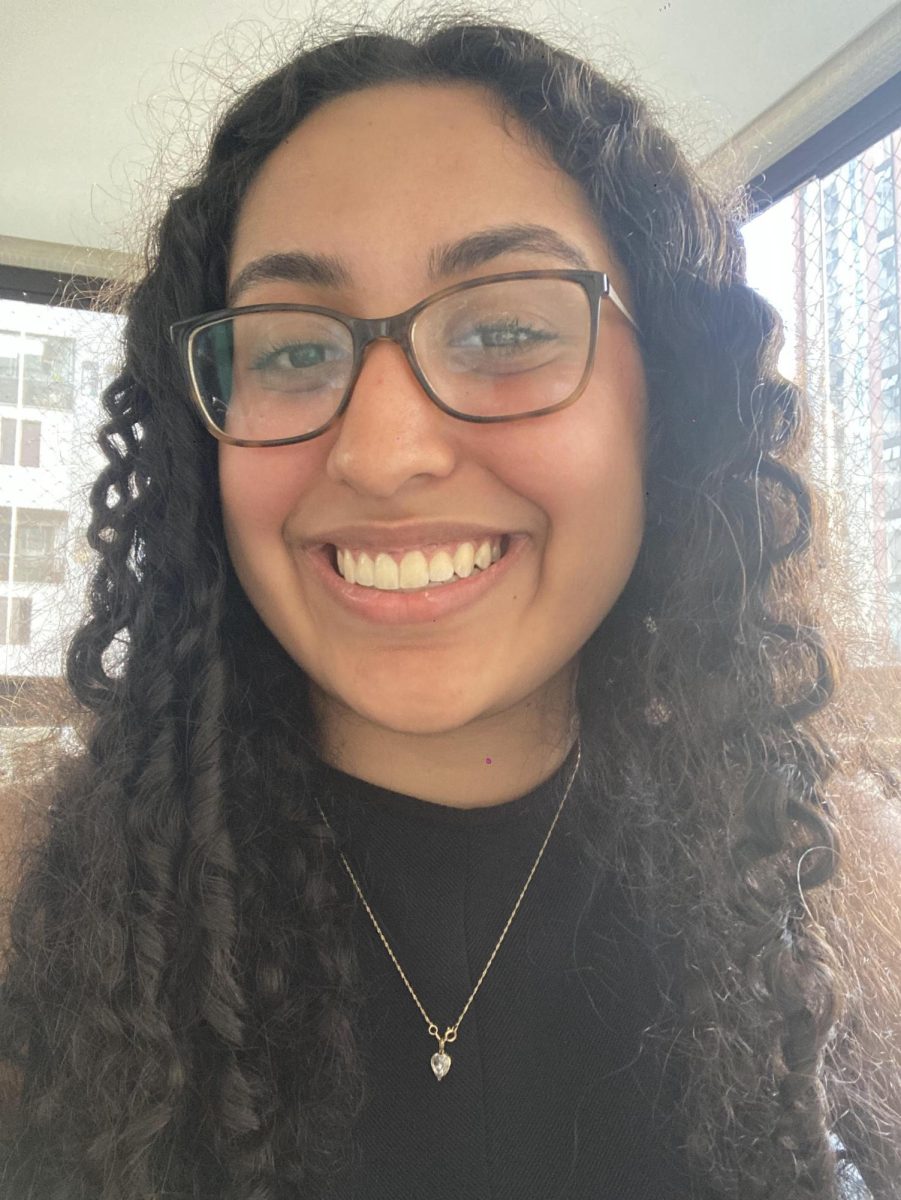

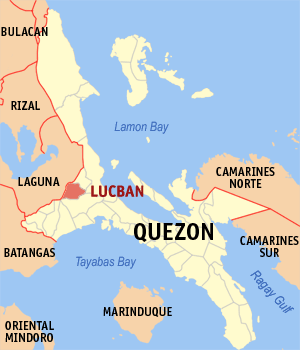

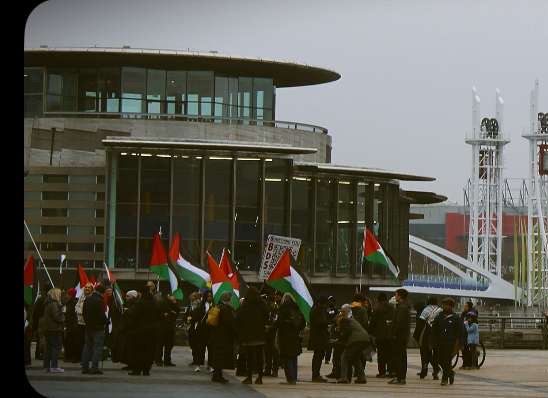
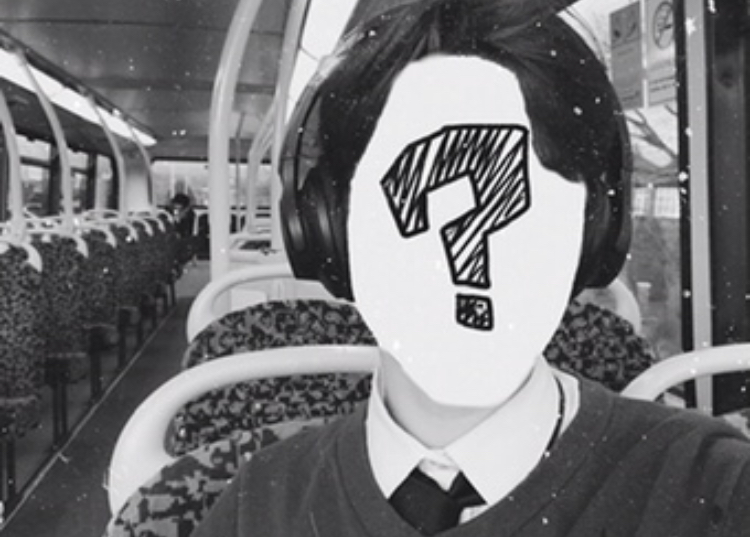
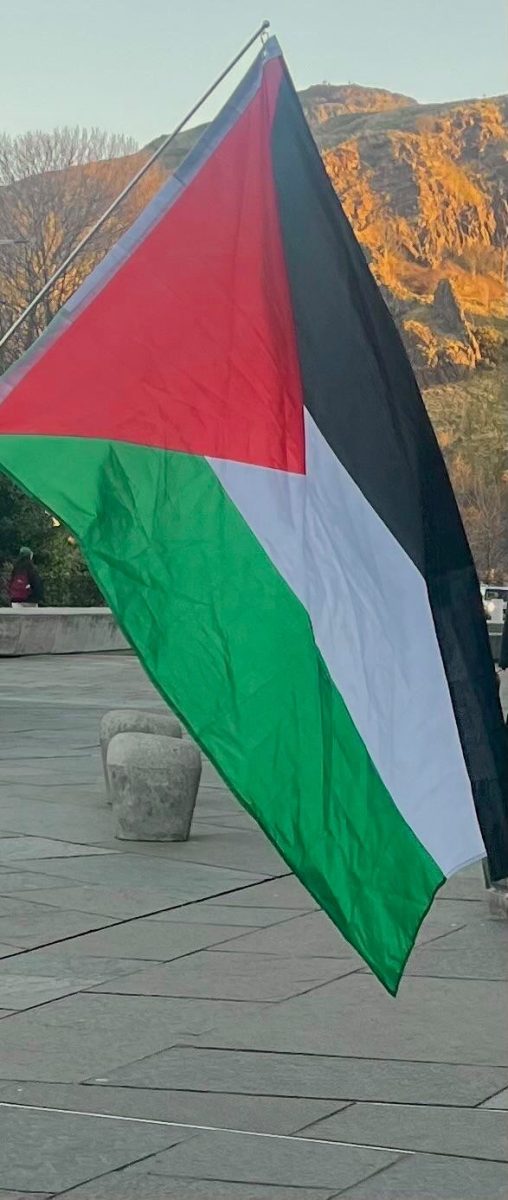

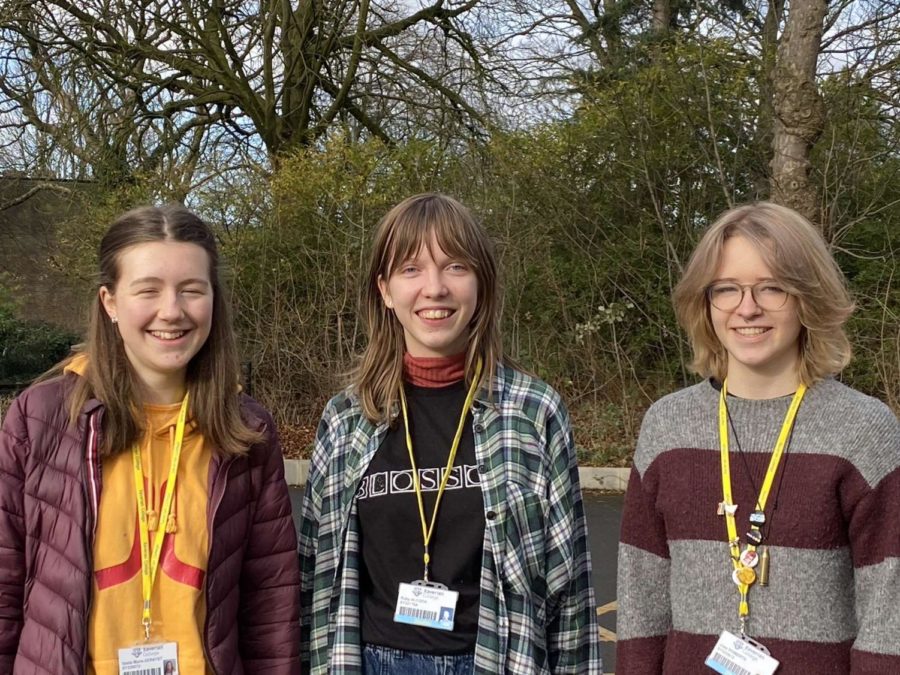
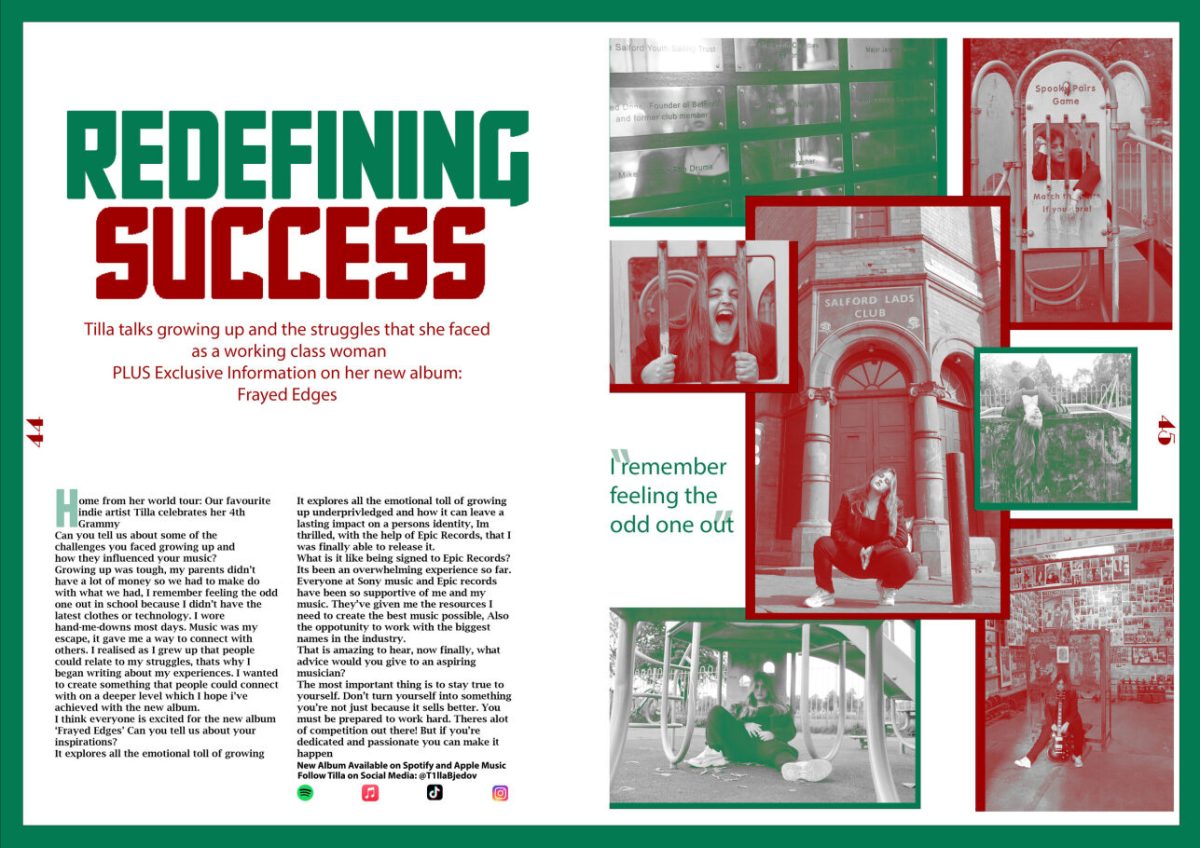



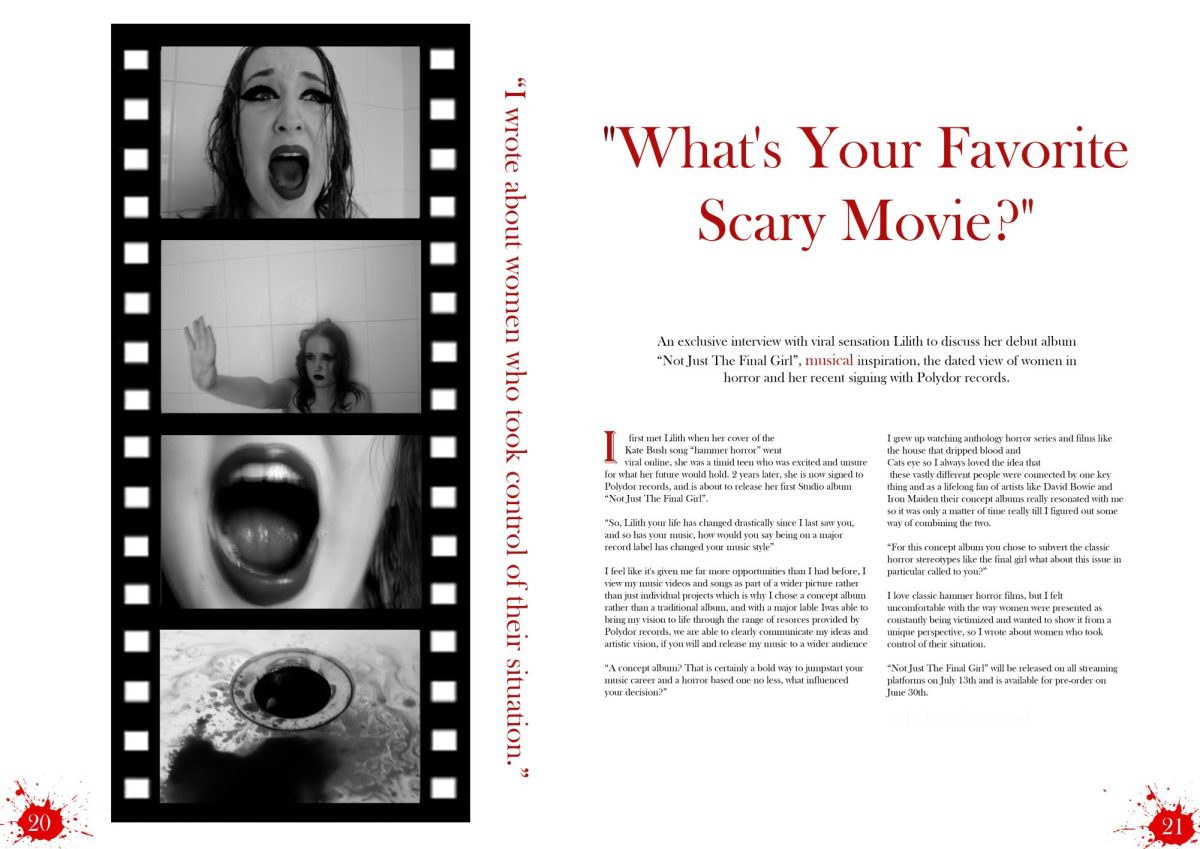

Caitlin Embury • Jun 24, 2025 at 7:33 am
Constant attention needs to be put towards Palestine and the continual solidarity that Manchester has with the people in Gaza. It’s really incredible how well structured the article was, and the confidence that you write with is admirable. From the river to the sea!
Harry James Murphy • Apr 29, 2025 at 9:36 am
Thank you for writing this. It’s refreshing to see this perspective on Palestine, having mainstream outlets present it as a war is boring. It’s a genocide of Palestinians, and it’s sickening seeing resistance being presented as “Terrorism.” How Israel is absolved of wrongdoing should outrage all of us.
Deborah Ferryman • Mar 28, 2025 at 6:05 am
Well done for choosing this issue to highlight! It is disconcerting how this issue is reported, such injustice and and horror reported alongside more mundane local news stories. Often seemingly with no real recognition that this is not a ‘war’ but the total oppression of a people and potentially in the future, a land-grab!
Rumaysa • Mar 27, 2025 at 7:02 am
Thank you for your article. It’s unfortunate that pro-palestinian activism is conflated with anti-semitism, when in reality, protesting for the rights of the Palestinian people is a protest against settler colonialism, displacement and genocide. Israel has slowly taken increasing amounts of land in the West bank, and have recently announced a full invasion of Gaza.
The issue is repeatedly framed as a “war” by the media, whereas in reality, one side has been under siege since 2006 (described as an open air prison), over 50% of its population are children, and 96% of people are facing acute food insecurity; while the other side has the strongest military in the world, are funded by the USA and UK, and are repeatedly committing war crimes (such as bombing hospitals) unchallenged.
The UK is still arming Israel and as British citizens, it becomes our duty to campaign to stop the selling of arms to Israel immediately.
S. Abbott • Mar 26, 2025 at 10:06 am
What a brilliant article! You have explained how wrong it is to treat the Palestinian people in such a shockingly awful way and explained how reacting to that situation does not make you anti-Semitic. The actions of the Israeli government and some of the settlers are so bad but that does not blame all Jewish people, nor should it. We can simply say what we see in our free part of the world.